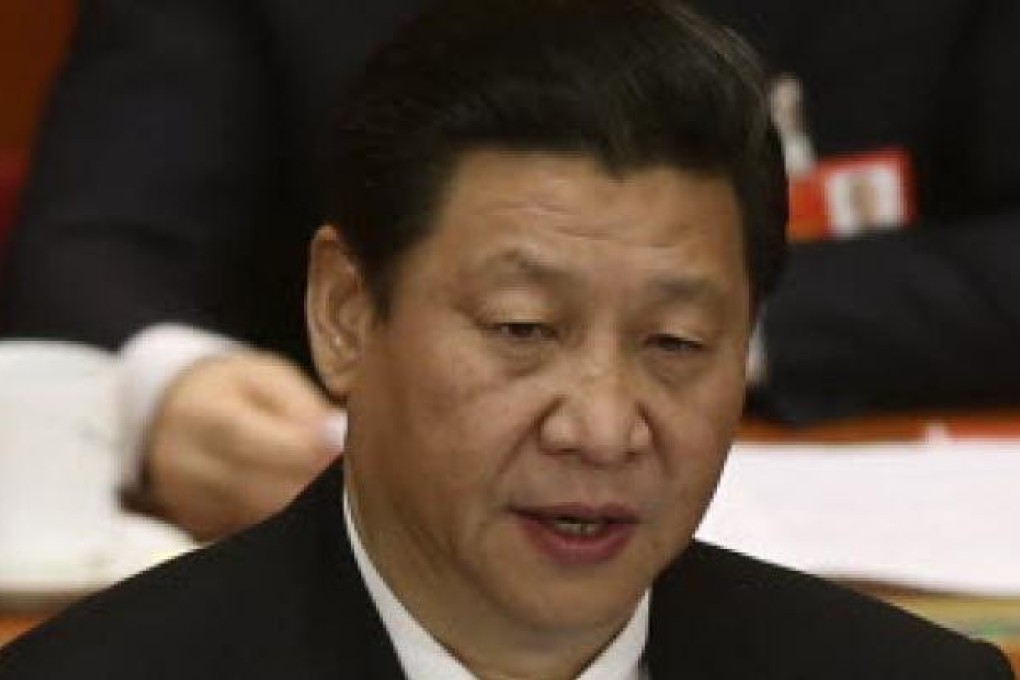
The atmosphere surrounding Xi Jinping’s coming trip to Russia – his first overseas visit as China’s new president – reminds me of a slogan from my early childhood in the late 1950s: “Russia-China, Friendship Forever”.
The irony is that, even at that time, Sino-Russian relations were deteriorating fast, culminating in fighting along the Amur River in Siberia less than a decade later. Is that slogan more valid now?
After China opened up its economy and Russia emerged from the Soviet Union, bilateral relations entered a new stage. Goodwill now prevails, but some old suspicions linger – and some new ones have emerged.
Xi’s visit is not expected to usher in any breakthroughs. A few deals to export Russian hydrocarbons to China can be expected, but not much more. Nonetheless, the visit will highlight several important features of the bilateral relationship.
For a start, the Russian and Chinese governments can afford to downplay the significance of their ties with the United States. China views Russia as its “strategic rear” – and perhaps a base – in its growing rivalry with the US (though not yet as an ally). Russia’s leaders view Sino-American competition as a welcome addition to their country’s strategic importance, which, unlike China’s, is not being augmented by robust economic growth. The more the US challenges the inevitable expansion of China’s “security perimeter,” the better for Russia, or so the Kremlin’s strategists appear to believe.
Meanwhile, the Sino-Russian relationship has achieved an unprecedented degree of warmth. The Chinese are doing almost everything possible to placate Russian concerns. The old border disputes have been silenced. The volume of trade is growing rapidly.
Moreover, there has been no Chinese demographic expansion into Siberia, though many journalists and pundits have been peddling that story. The number of Chinese residing in Russia – whether officially or clandestinely – amounts to 300,000. Many more Chinese lived in the Russian Empire before the 1917 revolution.